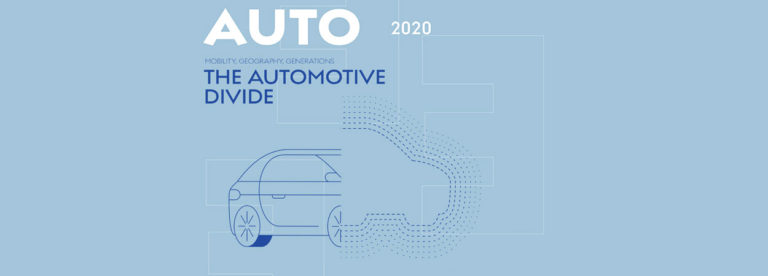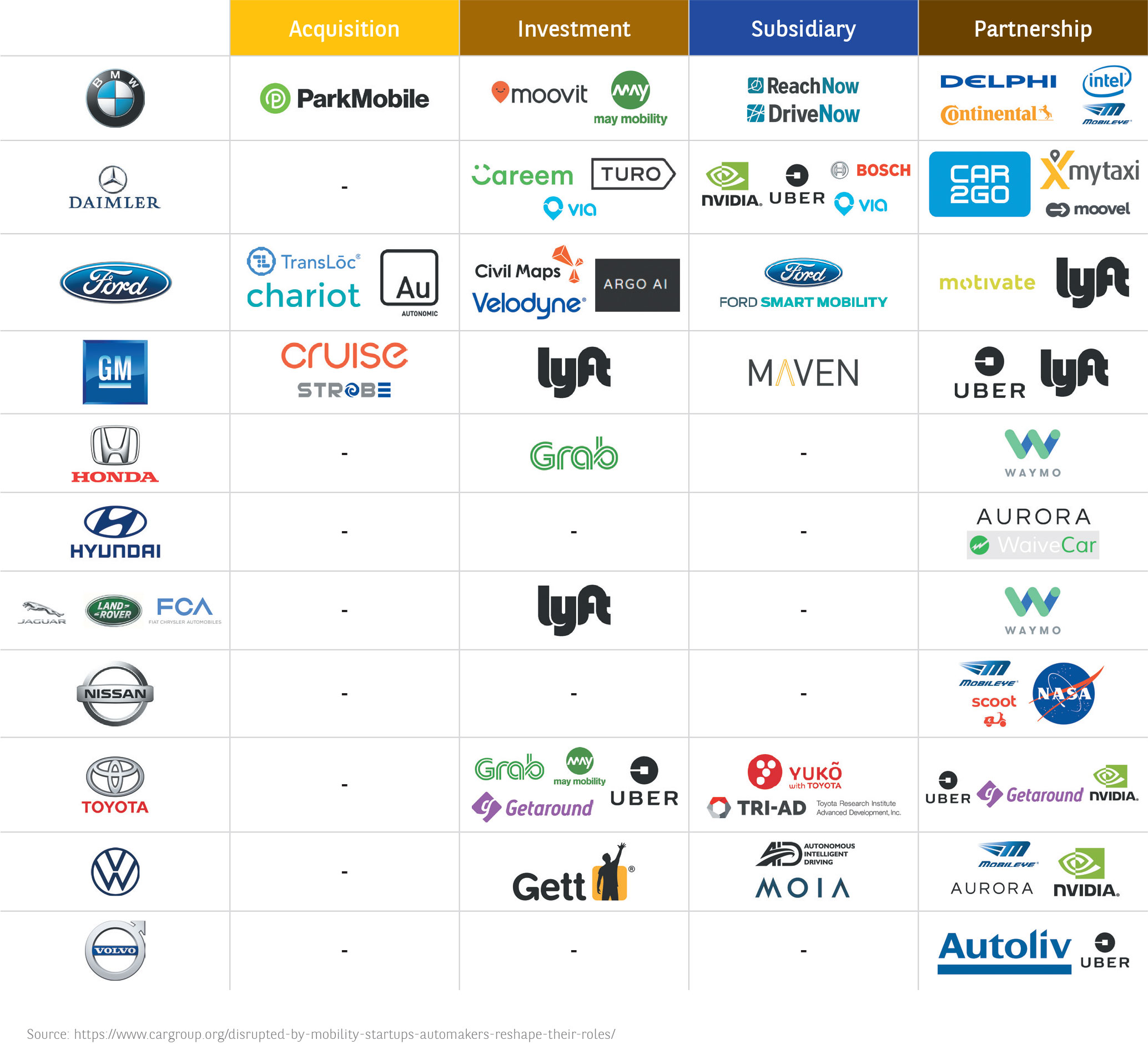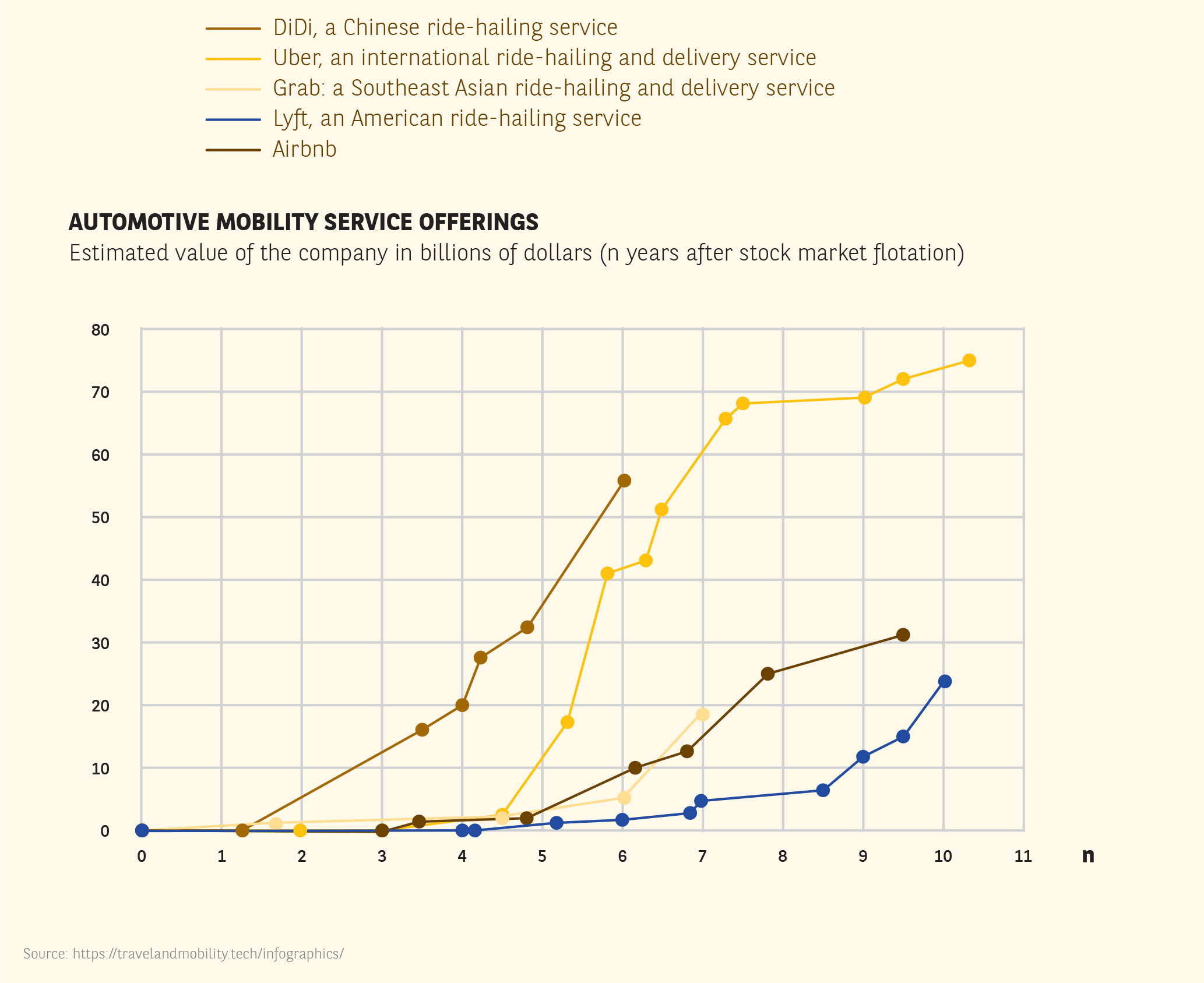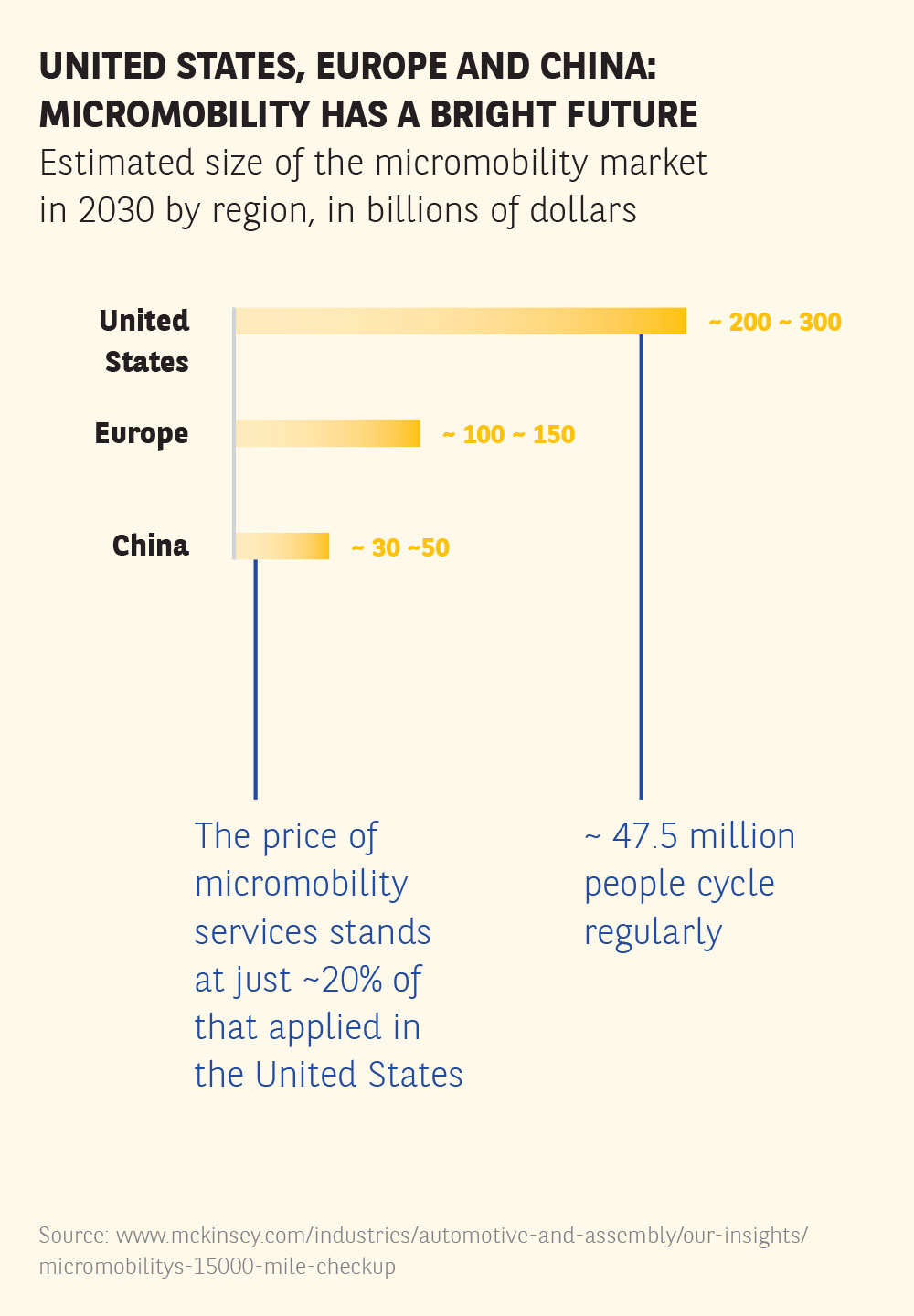Reinventing motoring through services


Some have already seen the light of day, while others are still being examined. But do they have a long-term future?
Will they be able to overcome the obstacles they face and satisfy expectations that differ among clientele categories, countries and types of residential area?
The automotive sector has entered a period of creative vibrancy that it has rarely experienced before.
New technologies are reinventing the car. Service-based solutions are primarily geared towards meeting the challenge posed by traffic flows in congested and polluted cities.
The profitability and therefore the sustainability of these offerings raise certain questions. The development of leading brands requires significant capital investment, without necessarily generating immediate profits.
The successes we witness conceal many failed projects that vanish almost as quickly as they appear. The biggest players acquire the smallest. What’s more, the creation by major car brands of global mobility approaches highlights the reality that cars still need to hold a certain appeal and build their future around new practices such as ride sharing and car sharing.
Global automotive mobility services
The United States and Asia, the two major hubs for new mobility solutions
The United States and Asia, China in particular, are clearly at the forefront of new mobility solutions, thanks to their industry-leading brands.
But beyond their stock market attractiveness, these firms still have to convince the world of their ability to generate sustainable profits.
DIFFERENT OPTIONS FOR A DIFFERENT APPROACH TO MOTORING
To travel by car without having to own one, a number of services are available:
- Car sharing, i.e., a fleet of cars made available to consumers by public or private operators. This type of solution is now available as a direct peer-to-peer service, supported by digital firms (e.g., US company Getaround, which acquired France’s Drivy in 2019).
- Another option is ride sharing over short or long distances, whether it be for commuting purposes or for holiday travel (Blablacar, the global leader in ride sharing, is based in France).
- Meanwhile, long-term hire, with or without the option of buying the car when the contract expires, was devised to attract the growing number of motorists who are less interested in ownership. Today, motorists are even being invited to rent out the vehicle that they themselves are hiring…
Locataire et loueur en même temps
Car leasing has grown at a rapid rate in recent years. Like other living expenses, cars are gradually being switched over to the subscription economy, with consumers treating them as a service instead of taking ownership of an item that is subject to wear and tear. There are many advantages for consumers: they always have use of one of the latest cars, because they are able to regularly replace it, there are no uncertainties over residual value and no concerns about a future part exchange or having to sell the vehicle second hand. The benefits for society are also significant, given that more new and therefore greener vehicles are on the road.
“We can do even more and we can do it better,” says Jean-Claude Puerto-Salavert, an entrepreneur specializing in car rental and the CEO of Ucar. An advocate of the sharing economy, Jean-Claude recently launched Ucar2share in France, an “alternative leasing” system that offers its customers a substantial discount on their rent in exchange for making their car available to others for a few days a month. Once considered exclusive and purely as being expense items, cars are becoming a collective asset and a source of income for leaseholders. Meanwhile, shortterm rental offerings are expanding and becoming more accessible to a whole community of people who do not have their own car. “Having been the symbol of individual freedom in the 20th century, cars are set to become champions of the freedom offered by sharing,” predicts Jean-Claude Puerto-Salavert.



